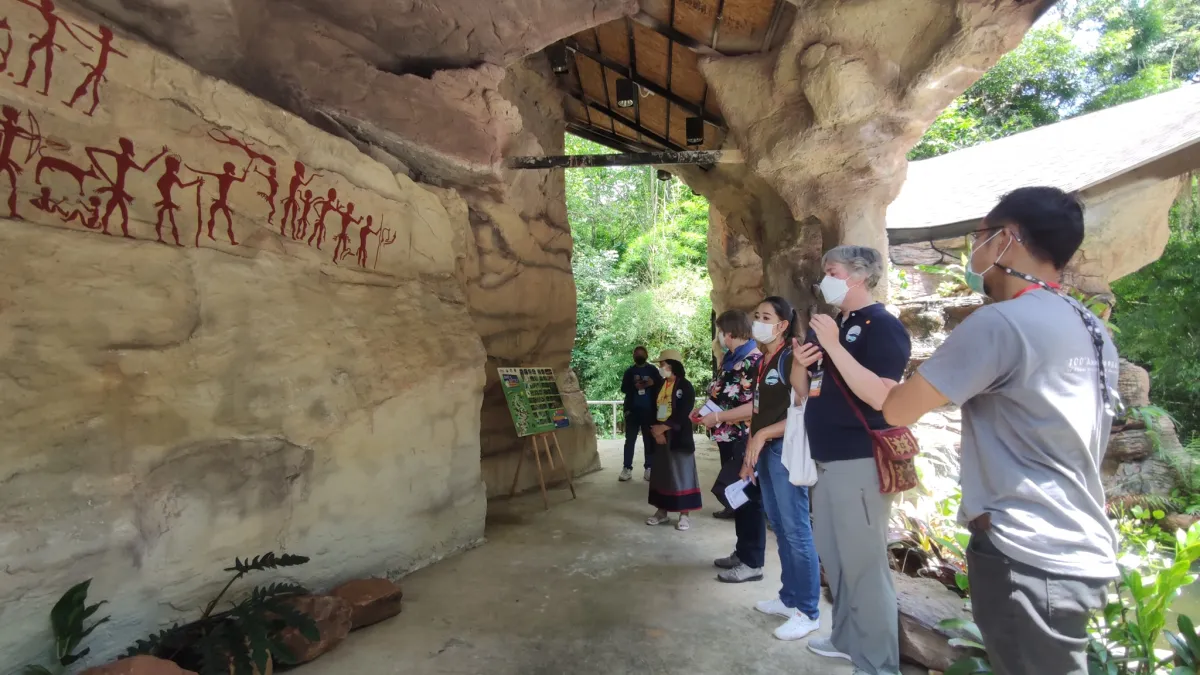
At the 216th session of the United Nations Educational, Scientific and Cultural Organization (UNESCO) held at its headquarters in Paris, France, Khorat Geopark in Nakhon Ratchasima province, Thailand, was endorsed as a UNESCO Global Geopark. This makes it the second of its kind in Thailand.
This recognition puts Nakhon Ratchasima in the historical spotlight as the third city to achieve the 'Triple Crown', making it the fourth city in the world after Italy, South Korea, and China to have three UNESCO accolades in the same province.
These consist of:
Khorat Geopark sets itself apart from the existing 177 Global Geoparks worldwide by its unique landscape of cuestas and fossils. It is a region linking the dry dipterocarp forest and Teng Rong forest ecosystems, along with over 4,000 years of human civilization, in the geomorphological area of the Lam Ta Khong river basin from midstream to downstream.
The key importance of this Geopark lies in its valuable international geological heritage, in addition to other natural resources and significant cultural elements related to geology. The comprehensive management of the park emphasizes conservation, education, and sustainable development, with local communities playing a vital role in the management, thus shaping the local identity.
Covering a total area of 3,167.38 square kilometers across five districts of Nakhon Ratchasima province, including Sikhio, Sung Noen, Kham Thale So, Mueang Nakhon Ratchasima, and Chaloem Phra Kiat districts, Khorat Geopark features 25 geological sites and 10 natural and cultural tourism spots. The park houses a diverse range of prehistoric elephant species and sedimentary layers deposited by ancient rivers over 150 million years ago, along with dinosaur herds and contemporaneous fauna, leading up to a variety of mammalian species. Furthermore, it served as a gateway to the northeastern region and Indochina, becoming a hub for transportation, industry, commerce, and tourism. Khorat Geopark, aptly called the "Land of Cuestas and Fossils", has been acknowledged by UNESCO for its completeness and uniqueness, earning its Global Geopark status.
